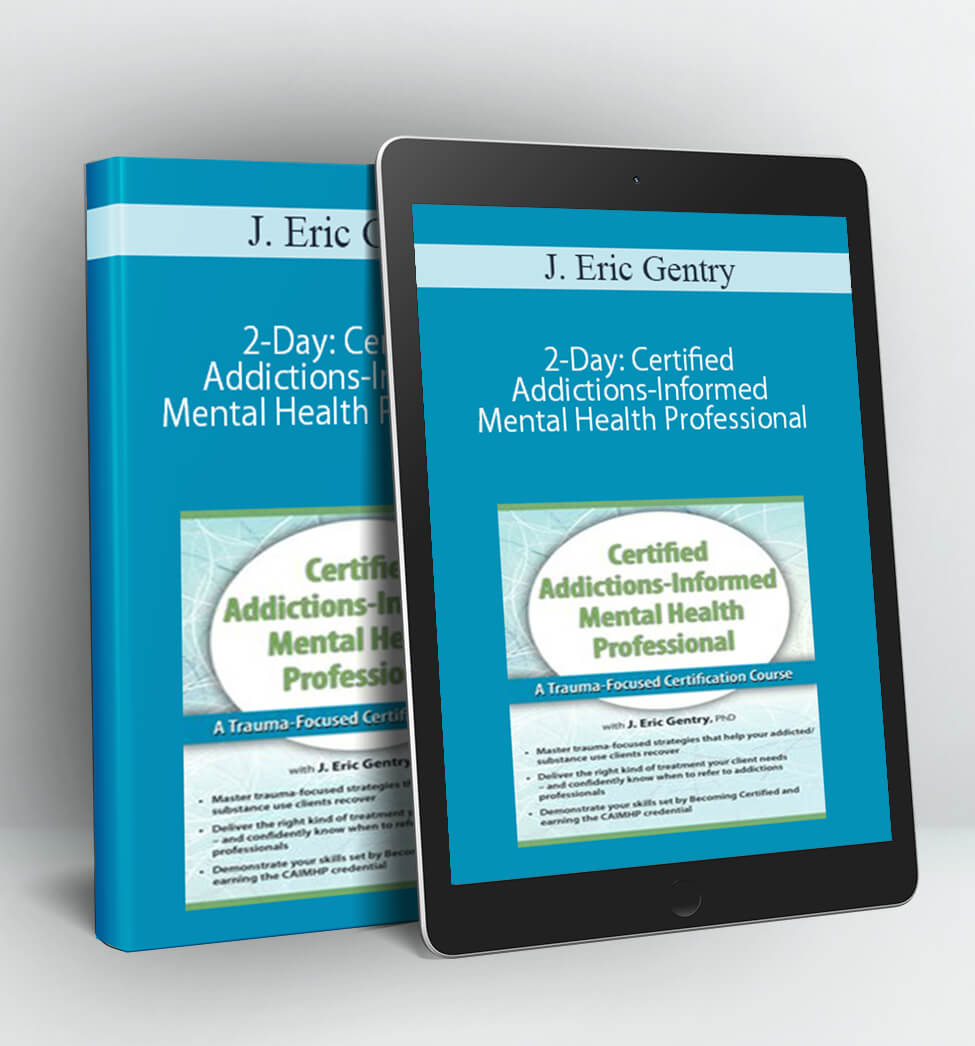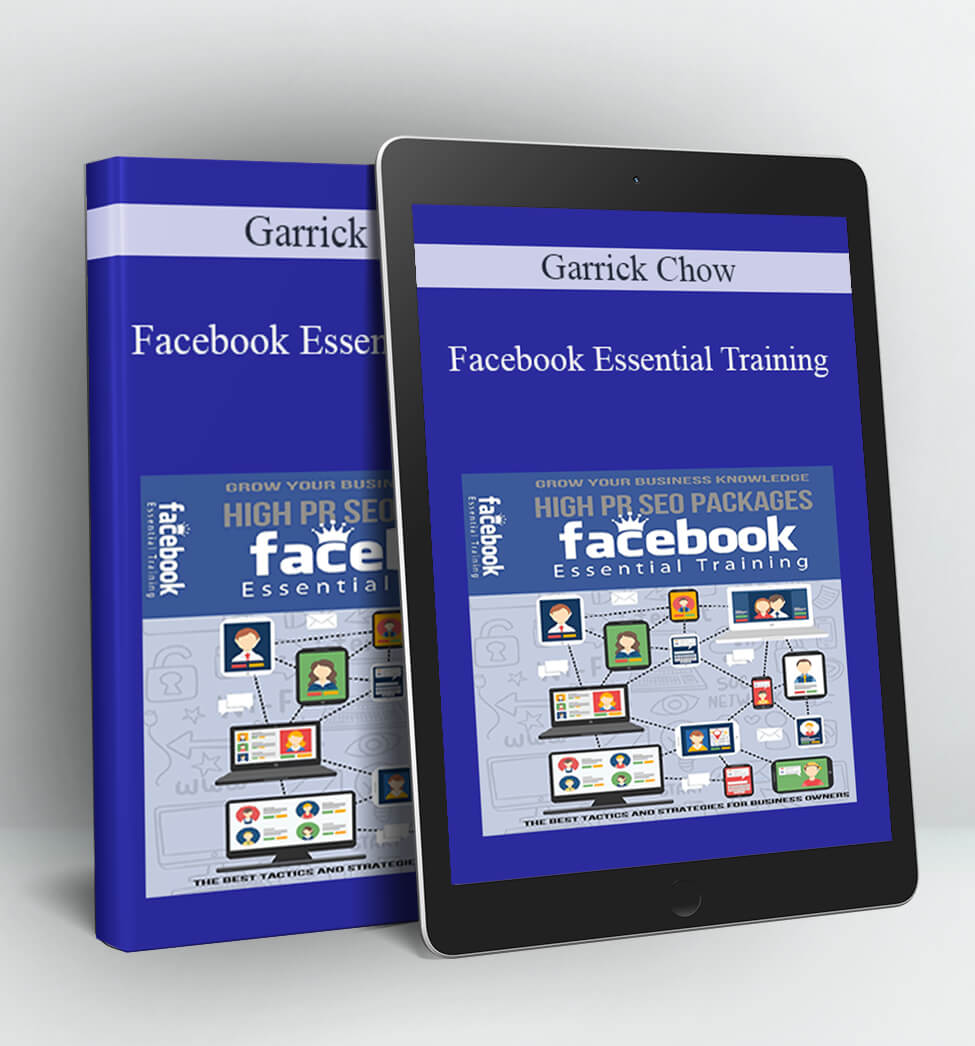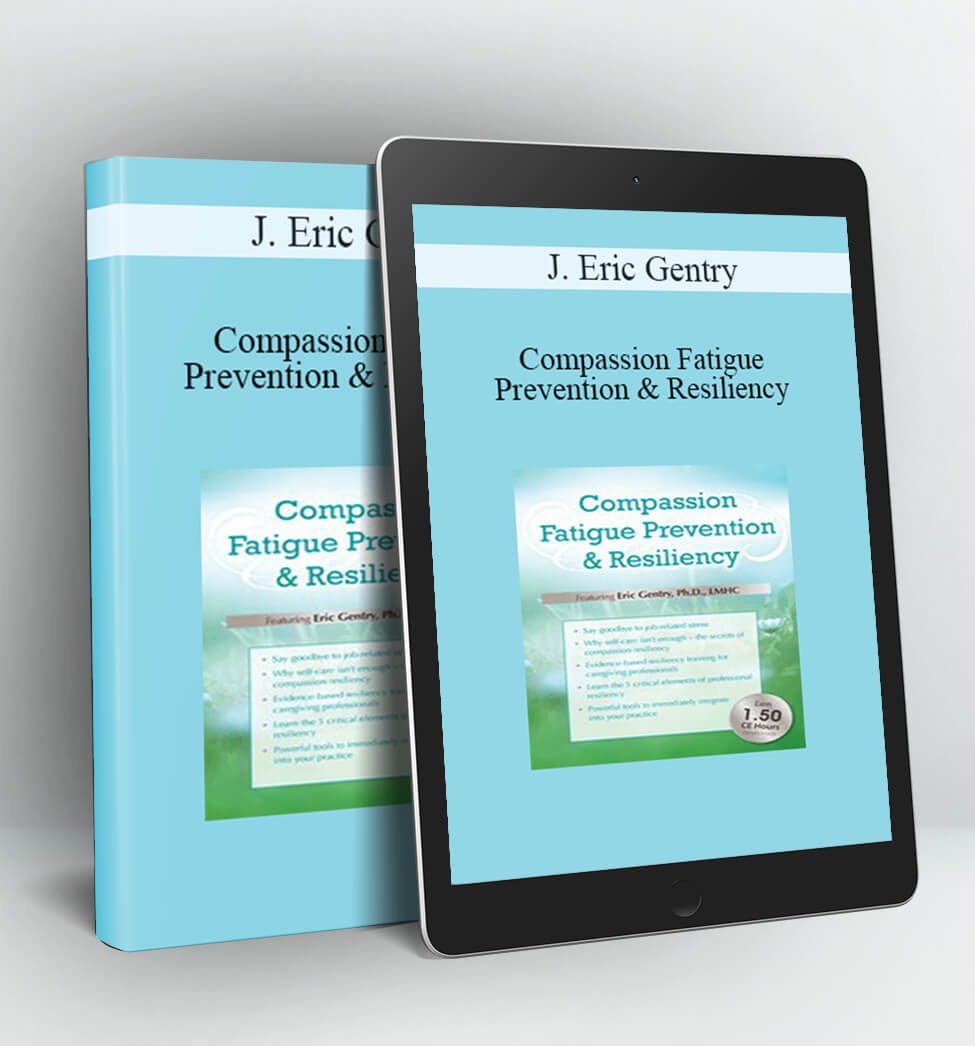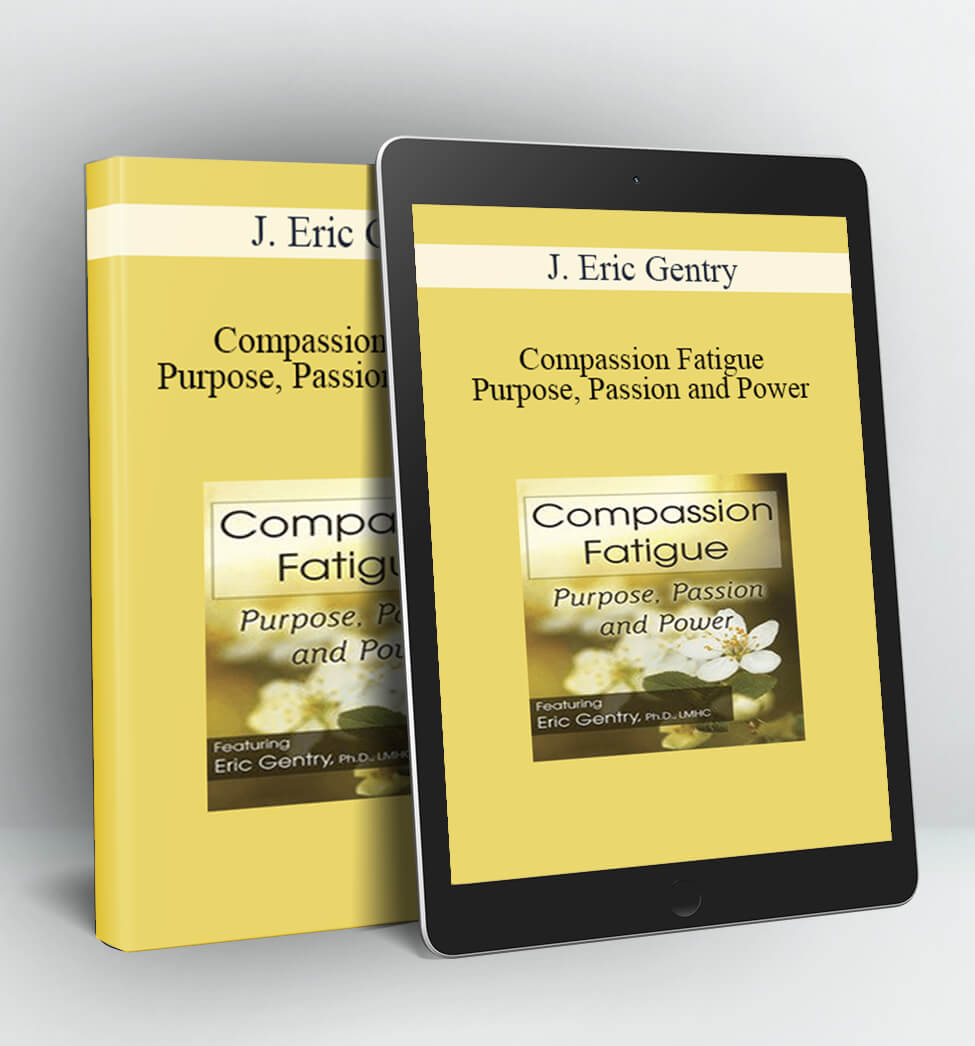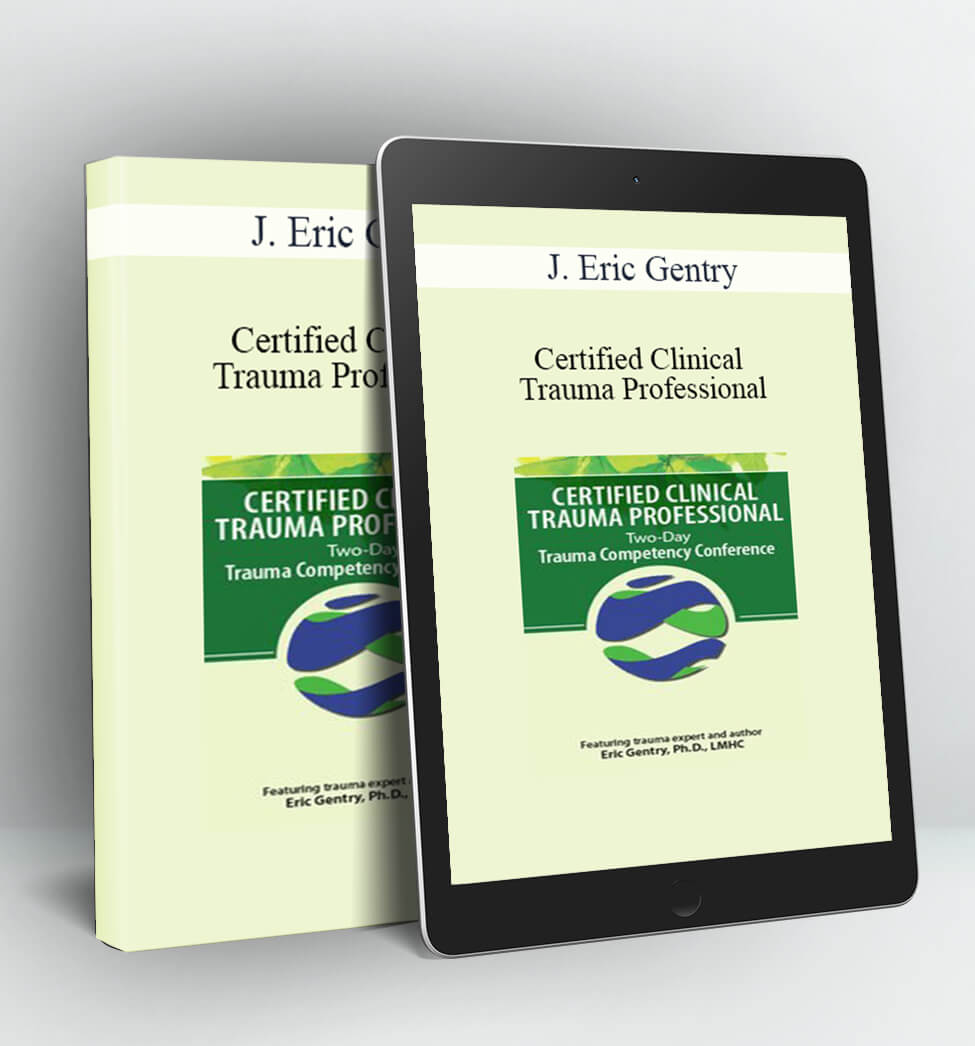
2-Day: Certified Addictions-Informed Mental Health Professional – J. Eric Gentry
- Faculty:
- J. Eric Gentry, Ph.D., D.A.A.E.T.S.
- Duration:
- 12 Hours 17 Minutes
- Format:
- Audio and Video
- Copyright:
- Apr 27, 2020
Description
For clinicians working with clients who also abuse substances or suffer from process addictions, treatment can be really hard. If you are like many clinicians, you don’t feel able or willing to work with addictions.
Yet it doesn’t need to be. And it shouldn’t keep you from engaging the client in their overall healing.
Studies now show the connection and interplay of addiction and trauma – plus anxiety, mood disorders, and insomnia.
You can evoke change in all your clients to promote healthier coping and self-soothing skills besides substance use or process addictions.
But first, you need to master the current evidence-based practices from the worlds of both Addictions treatment and Trauma/PTSD interventions.
This Certified Addictions-Informed Mental Health Professional Training Course 2-day recording will transform your older practices when treating clients who use/abuse…clearing the path to true healing. Taught by an international trainer, clinician, AND recovery specialist Eric Gentry, PhD., you’ll receive all the following skills:
- Skills for assessing and diagnosing trauma/posttraumatic stress and addiction/substance abuse and dependence.
- Simplified treatment planning, monitoring, and measurement instruments.
- Skills for developing, enhancing and maintaining therapeutic relationships—the most potent factor for positive outcomes with this challenging population.
- A fresh perspective and utilization of the Polyvagal Theory (Porges) to both understand and treat both trauma and addiction simultaneously.
- Cutting-edge skills for developing and maintaining safety and stability with addicted survivors of trauma using cognitive, behavioral, somatic and relational approaches.
- Reframing “disease of addiction” as involuntary and unconscious posttraumatic patterns of self-defense where the survivor is chronically perceiving threat in contexts where there is little or no danger.
Best of all, this training meets the educational requirements when applying to become a Certified Addictions-Informed Professional (CAIMHP) through Evergreen Certifications. Certification lets colleagues, employers, and clients know that you’ve invested the extra time and effort necessary to understand the complexities of treating addictions in clients. Professional standards apply. Visit www.evergreencertifications.com/caimhp for to get started!
Handouts
| Manual – Certified Addictions- Informed Mental Health Professional (27.5 MB) | 167 Pages | Available after Purchase |
Outline
Foundational Issues in Addictions-Informed Psychotherapy
- Substance Abuse vs. dependency vs. addiction
- Biopsychosocial issues
- Neurobiology of addiction
- Attachment issues
- Causes of traumatic responses
- Ethical & legal issues
Chemical Dependency Facts You Need to Know
- Classes of commonly abused drugs
- Street names of common drugs
- Signs & symptoms of use & withdrawal
Behavioral/Process Addictions
- Food
- Compulsive sexual behaviors
- Electronic addictions
- Gambling
- Compulsions
Trauma Addiction: Assessment of Comorbid Trauma & Addiction
- What to ask—and how to ask it
- What to look for: Pink flags & red flags
- Recognize other co-occurring disorders
- Evidence-based assessment scales
Levels of Care & Treatment Selection
- Detoxification
- Levels of treatment
- Medication-assisted treatment
- 12-step groups & alternatives
- Harm reduction strategies & when to use them
Three-Stage Behavioral Treatment Model for Co-Occurring Traumatic Stress and Addiction
Stage I: Build the Therapeutic Relationship & Boost Client Engagement
- Feedback Informed Therapy
- Motivational Interviewing
- Co-regulation between you & your client
Stage II: Skills Development & Cognitive Restructuring Interventions
- Relational Skills/Social Engagement System
- Build & identify a support network
- Access & utilize support
- Service to others as therapeutic
- Regulation/Relaxation Skills
- Progressive muscle relaxation (PMR)
- Trauma releasing exercises (TRE)
- Tapping
- Bilateral stimulation
- Neurofeedback
- Mindfulness for self-regulation
- Self-soothing for intense emotions
- Grounding Skills to Interrupt Dissociation
- Sensory grounding
- Mindful movement
- Seated yoga
- Containment Skills: Put away Intrusive Thoughts
- Envelope method
- Vault
- Relational containment
- Cognitive restructuring interventions
- Foster post-traumatic growth & build resilience
- Complementary & alternative treatments
Stage III: Integration & Desensitization
- Imaginal Exposure Therapy
- EMDR
- Narrative-Driven Exposure Treatment
- Cognitive Processing Therapy (CPT)
- PE (prolonged exposure)
- Trauma-focused CBT
- Somatic-Based Treatments
- Somatic Experiencing
- Sensorimotor Psychotherapy
- Trauma-Focused Yoga
- In-vivo Exposure
- Direct Therapeutic Exposure (DTE)
- Forward Facing Trauma Therapy (FFTT)
Interventions for Special Populations
- Children & adolescents
- LGBTQ clients
- Incarcerated clients
- Clients in court-ordered drug treatment
Faculty

J. Eric Gentry Ph.D., D.A.A.E.T.S. Related seminars and products: 14
Compassion Unlimited
Eric Gentry, Ph.D., LMHC, is an internationally recognized leader in the field of disaster and clinical traumatology, having trained thousands of professionals and paraprofessionals worldwide in the treatment of traumatic stress. His doctorate is from Florida State University where he studied with Professor Charles Figley, one of the pioneers of traumatic stress. Dr. Gentry was one of the original faculty members of the Traumatology Institute and later became the co-director of the International Traumatology Institute at the University of Southern Florida. Dr. Gentry, along with Dr. Anna Baranowsky, is the co-author and co-owner of the Traumatology Institute Training Curriculum – 17 courses in field and clinical traumatology leading to seven separate certifications.
Dr. Gentry has been a clinical member of several CISM teams and has provided assistance in many different disaster and critical incidents including Oklahoma City, New York City, and hurricanes in Florida. He was the developer of the Community Crisis Support Team, which began in Tampa, Florida, and has become a model for communities to integrate mental health services into their disaster response network.
Dr. Gentry is the co-author of the critically acclaimed Trauma Practice: Tools for Stabilization and Recovery (Third Edition) (Hogrefe Publishing, 2014). His other books include Forward Facing Trauma Therapy (Compassion Unlimited, 2016) and the coauthored Trauma, PTSD, Grief & Loss: The 10 Core Competencies for Evidence-Based Treatment (PESI, 2017). Additionally, Dr. Gentry has published many research articles, book chapters, and periodicals in this maturing area of study.
Dr. Gentry has a private clinical and consulting practice and is adjunct faculty at many universities. He draws equally from his scientific study and from his rich history of 30+ years of clinical experience with trauma survivors to balance this training with current, empirically grounded information and experienced-based compassionate intervention skills. You will be challenged, inspired, and uplifted by Dr. Gentry and this unique training.
Speaker Disclosures:
Financial: J. Eric Gentry receives compensation as Owner of Compassion Unlimited. He receives royalties as an author for Hogrefo & Huber Publishing. Dr. Gentry receives a speaking honorarium from PESI, Inc.
Non-financial: J. Eric Gentry has no relevant non-financial relationship to disclose.
Access Download 2-Day: Certified Addictions-Informed Mental Health Professional – J. Eric Gentry right now!
Delivery Method:
After your purchase, you’ll get access to the downloads page. Here, you can download all the files associated with your order.
Downloads are available once your payment is confirmed, we’ll also send you a download notification email separate from any transaction notification emails you receive from Coursedownloads.

